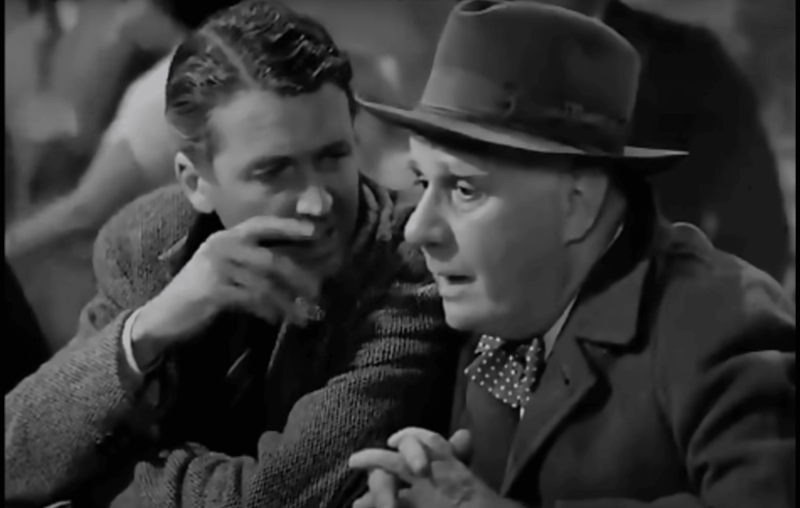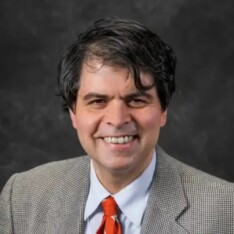“Strange, Isn’t It?” Adam Smith and the Angel Clarence

In a recent AIER article, Justice Will Sellers paid tribute to It’s a Wonderful Life, the 1946 film in which the angel Clarence appeared to George Bailey as he considered ending his life on Christmas Eve.
Bailey’s despair changed to gratitude when Clarence showed him how his choices had influenced countless others for the better.
“Strange, isn’t it?” Clarence asked. “Each man’s life touches so many other lives. When he isn’t around, he leaves an awful hole, doesn’t he?”
Frank Capra’s Hollywood and Adam Smith’s Great Britain are 170 years and five thousand miles apart. Although my tenth-grade students were far from George Bailey’s despair, Adam Smith was able to play a role like that of the angel Clarence in a recent class.
I was guiding my students through the early sections of The Wealth of Nations — or more accurately, Smith was our guide, and I was doing my best to recede into the background.
We arrived at the long last paragraph of Smith’s first chapter, “Of the Division of Labour.” Smith asks his reader to imagine “the accommodation of the most common artificer or day-labourer” in a flourishing nation.
“You will perceive that the number of people, of whose industry a part, though but a small part, has been employed in procuring him this accommodation, exceeds all computation,” Smith wrote.
Smith then guided us through the workman’s room. Smith pointed out a coarse, rough woolen coat, and he described the different people involved in its making:
The shepherd, the sorter of the wool, the wool-comber or carder, the dyer, the scribbler, the spinner, the weaver, the fuller, the dresser, with many others, must all join their different arts in order to complete even this homely production.
How many merchants and carriers, besides, must have been employed in transporting the materials from some of those workmen to others, who might live in a very distant part of the country?
How much commerce and navigation in particular, how many shipbuilders, sailors, sailmakers, ropemakers, must have been employed in order to bring together the different drugs made use of by the dyer, which often come from the remotest corners of the world?
We continued listening, as it were, to Smith’s guided tour of the worker’s room. Smith spoke of tools and machines, furniture and utensils, shoes, and pewter plates. He led us to ponder the “glass window which lets in the heat and the light, and keeps out the wind and the rain, with all the knowledge and art requisite for preparing that beautiful and happy invention, without which these northern parts of the world could scarce have afforded a very comfortable habitation.”
“If we examine, I say, all these things, and consider what a variety of labour is employed about each of them, we shall be sensible that, without the assistance and co-operation of many thousands, the very meanest person in a civilized country could not be provided, even according to, what we very falsely imagine, the easy and simple manner in which he is commonly accommodated,” Smith added.
We discussed what Smith’s words meant, and we let them sink in. We applied his lesson to familiar nearby objects: books and computers, school sweatshirts and tennis shoes.
My students were amazed. A few weeks before, they had read Leonard Read’s “I, Pencil.” Now they were simultaneously contemplating “I, Book,” “I, Computer,” “I, School Sweatshirt,” “I, Tennis Shoe,” and a hundred other objects in the classroom.
Adam Smith showed my students that they are constantly influenced for the better by the work of countless thousands of others whom they will never know. The students realized that they, too, will influence myriads of others through their own work and economic decisions.
“Wow.” “That’s really cool.” “I feel really humbled.” High praise from high-school sophomores, as the dismal science became, if only for a class period, an enchanting one.
“Each man’s life touches so many other lives,” said the angel Clarence. “When he isn’t around, he leaves an awful hole, doesn’t he?”
Clarence’s words were an echo of Adam Smith’s. Strange, isn’t it?










